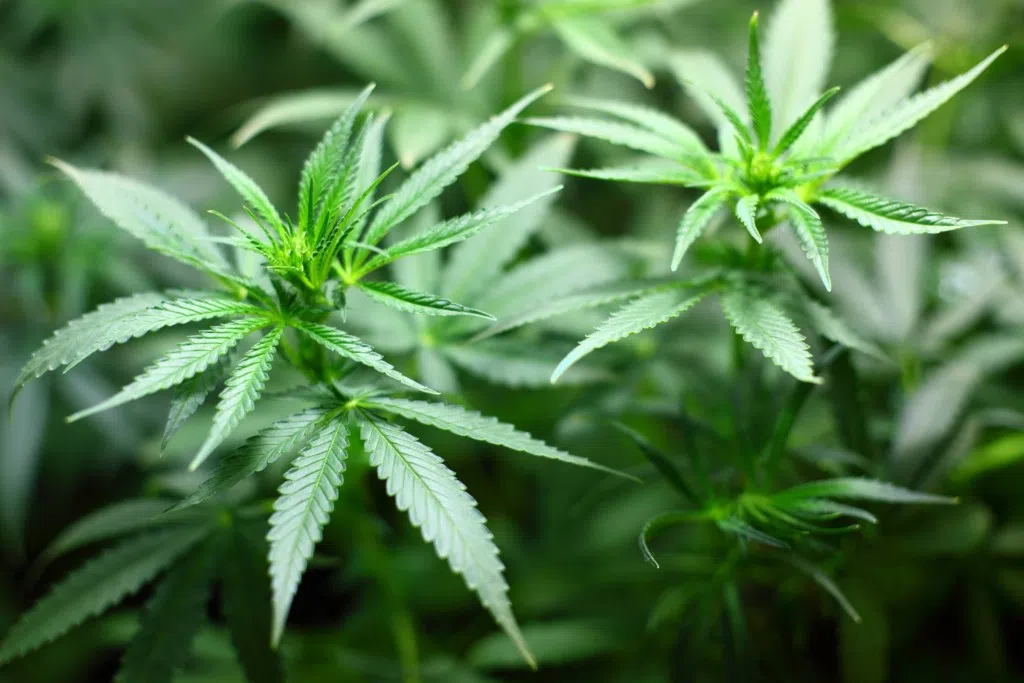Six years after the Canadian government legalized cannabis for recreational use, researchers are still learning about its potential effects.
Dan Hardy, a professor at the Schulich School of Medicine and Dentistry at Western University has been researching the possible dangers of cannabis use during pregnancy. His findings have shown that it can actually impact the child in a number of different ways.
“What we found was that THC does lead to low birth-weight offspring, just as we kind of thought it would,” says Hardy. “And, more importantly, it leads to offspring later in life that have issues with cardiac function, with glucose tolerance–it leads to sort of a pre-diabetic outcome–and of course neurodevelopmental outcomes as well.”
THC is the main psychoactive component of cannabis–the part that gives people that ‘high’ feeling. In recent years, however, non-psychoactive components of the plant have gained popularity as a sort of cure-all. The most popular is cannabidiol, more commonly known as CBD. It is purported to help with pain, nausea, anxiety and other mood disorders. As CBD does not cause intoxication like THC, it is understandable that one would assume it is safe to take while pregnant. Hardy’s research, however, shows that this may not be the case.
“What we’re showing is that CBD isn’t safe during pregnancy–not necessarily for the mom, but more for the baby. And we’re seeing in our studies that the offspring have issues with heart function and regulating blood glucose. So, that was a real eye opener to us.”
According to Hardy, the available data shows that, since legalization, there has actually been an increase in pregnant women using cannabis. Although a lot of this data comes from Colorado, where legalization happened earlier than it did here in Canada, it can still be generally applied.
“So, there’s this misconception, I think, that if it’s legal, it must be safe to use in pregnancy.”
Hardy says that people may turn to cannabis during pregnancy to deal with issues like nausea, thinking that, because it’s a plant and therefore natural, it must be better than medication. He says this is due to the lack of data showing the long term effects, and possible dangers, of cannabis use.
“And that’s why, for my lab, it’s really imperative that we get our studies done and get the data out there to really combat that misconception.”
As more research like this is done, Hardy says that it should be up to government agencies like Health Canada, as well as healthcare providers like obstetricians and midwives, to disseminate this information to the general public and make sure everyone is aware of the risks.
While it may seem like all the responsibility is on mothers to protect their children from the harmful effects of cannabis, Hardy also points out that fathers should also share in that responsibility.
“It’s not just about whether or not Mom should use cannabis in pregnancy, but also having the larger conversation about dads and whether their use of cannabis, pre-conception, is impacting the offspring as well. And that’s a very important question, especially given the high rates of use among males in our country.”
Because this type of research was largely not done prior to the legalization of cannabis, Hardy says he does not believe it was a good idea for the government to rush into legalizing it.
“I’m doing my studies in the five years following cannabis legalization, which doesn’t make sense, right? The funding wasn’t there until after it was legalized to do the important safety studies. So, I think it was rushed…I think it was a mistake.”





